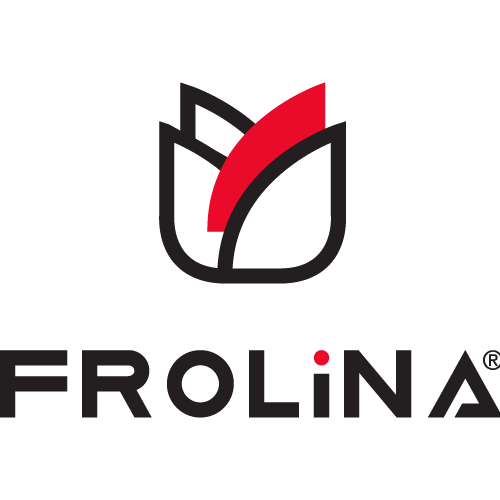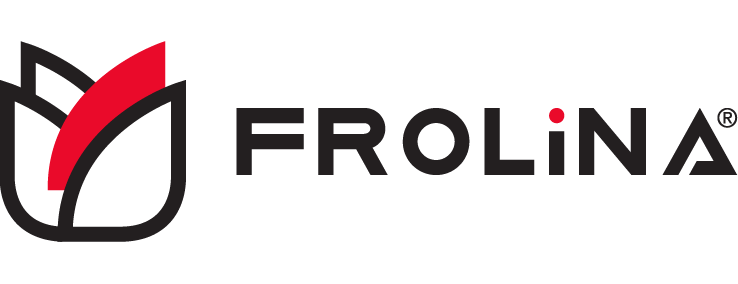
This duty extends beyond mere compliance with legal standards to encompass a commitment to ethical principles that safeguard the interests of all stakeholders. The importance of ethics in accounting cannot be overstated, as it underpins the credibility of financial information that influences economic decisions globally. For instance, the infamous Enron scandal of 2001 exemplifies the catastrophic fallout of unethical accounting practices. Thus, accounting ethics are not just a matter of professional conduct but a prerequisite for proper understanding of the overall health of businesses and economies. Moreover, ethical conduct in accounting helps prevent fraudulent activities, such as embezzlement or financial misrepresentation, which can have severe legal and financial repercussions. By adhering to ethical standards, accountants play a crucial role in upholding the integrity of the financial system and protecting the interests of all stakeholders.
Preventing Financial Fraud
Our accounting services safeguard you and your family and optimize all your hard-earned dollars. William & Mary has engaged Everspring, a leading provider of education and technology services, to support select aspects of program delivery. These findings underscore the profession’s readiness but also highlight the need for robust and ongoing support systems.
Responsibility to Stakeholders
As CEO and Co-Founder, Mike leads FloQast’s corporate vision, strategy and execution. Prior to founding FloQast, he managed the accounting team at Cornerstone OnDemand, a SaaS company in Los Angeles. Sarbanes-Oxley was passed 2002, ostensibly to prevent the kinds of financial shenanigans that led to the failures of Enron, WorldCom, Global Crossing, Tyco, and Arthur Andersen. That story has to be consistent with all the other information that analysts sift through.

Monthly Financial Reporting Template for CFOs
Accountants are obligated to uphold principles of honesty and fairness in all professional duties, being straightforward and truthful in all business interactions. Integrity involves more than honesty; it also requires avoiding any form of communication that could be misleading or misunderstood. Accountants and financial officers must always present the financial situation truthfully, even if the information is unfavorable, avoiding actions that could mislead or deceive stakeholders. Transparency in accounting means providing all financial information in a clear, comprehensible, and accessible manner. This includes revealing all relevant financial information, potential risks, and uncertainties.

The Biggest Ethical Challenges Accountants Face
This principle also underscores the importance of integrity in record-keeping and discourages any manipulation or falsification of data. Common ethical challenges in accounting include pressure to manipulate financial statements, conflicts of interest, and maintaining confidentiality. Accountants may also face dilemmas related to compliance with complex regulations and the need to balance the interests of different stakeholders. Understanding the ethical landscape of accounting involves recognizing the various challenges and dilemmas professionals may encounter. These can range from conflicts of interest and pressure to manipulate figures to more subtle forms of ethical breaches, such as omissions or bias in reporting.
While the mention of accounting ethics often conjures thoughts of integrity in financial reporting or the avoidance of fraudulent activities, its scope extends beyond these facets. Unethical accounting can lead to legal penalties, loss how is sales tax calculated of reputation, and financial harm to the company and its stakeholders. Additionally, it can result in personal consequences for the individuals involved, such as fines, loss of professional licenses, and possible criminal charges. Ethical accounting practices provide reliable data that decision-makers rely on to formulate strategies and policies.
Become a Leading Ethical Accounting Professional With William & Mary
- Ethical accounting practices serve as a shield against legal risks and non-compliance.
- We offer a broad range of services for business owners, executives, and independent professionals.
- Without a foundation of trust, the credibility of financial information is compromised, leading to potential financial instability and loss of investor confidence.
- Integrity means that the accounting practices of a company adhere to a consistent set of principles such as GAAP or IFRS.
- Accountants committed to ethical conduct are less likely to engage in fraudulent activities such as embezzlement or manipulation of financial data.
- Upholding these principles is critical to maintaining public trust and ensuring financial stability.
Their presence or absence can make or break the trust vested in this critical profession. Read on to learn more about the profound importance of accounting ethics and standards. Maintaining ethics in Partnership Accounting accounting is crucial for ensuring the accuracy and reliability of financial information, which stakeholders use to make informed decisions. Ethical practices prevent fraudulent activities, enhance investor confidence, and uphold the integrity of the financial system. Consistent application of accounting standards and policies is essential for the comparability of financial statements over time and across different organizations.
Quickbooks Services

Yet, many survey respondents integrity accounting expressed frustration over the disconnect between organizational rhetoric and actions. One participant lamented a “culture of lies and falsehoods,” highlighting the need for leaders who lead by example and prioritize ethical behavior. Creating an open dialogue about ethics within the organization encourages employees to voice their concerns and seek guidance when faced with ethical dilemmas. Regular discussions or forums can help clarify ethical expectations and provide a platform for sharing experiences and best practices. Accepting such undisclosed future benefits may influence the auditing firm’s objectivity and independence. It could potentially sway the audit findings to favor the company’s expectations rather than providing an unbiased assessment based purely on financial merit.

